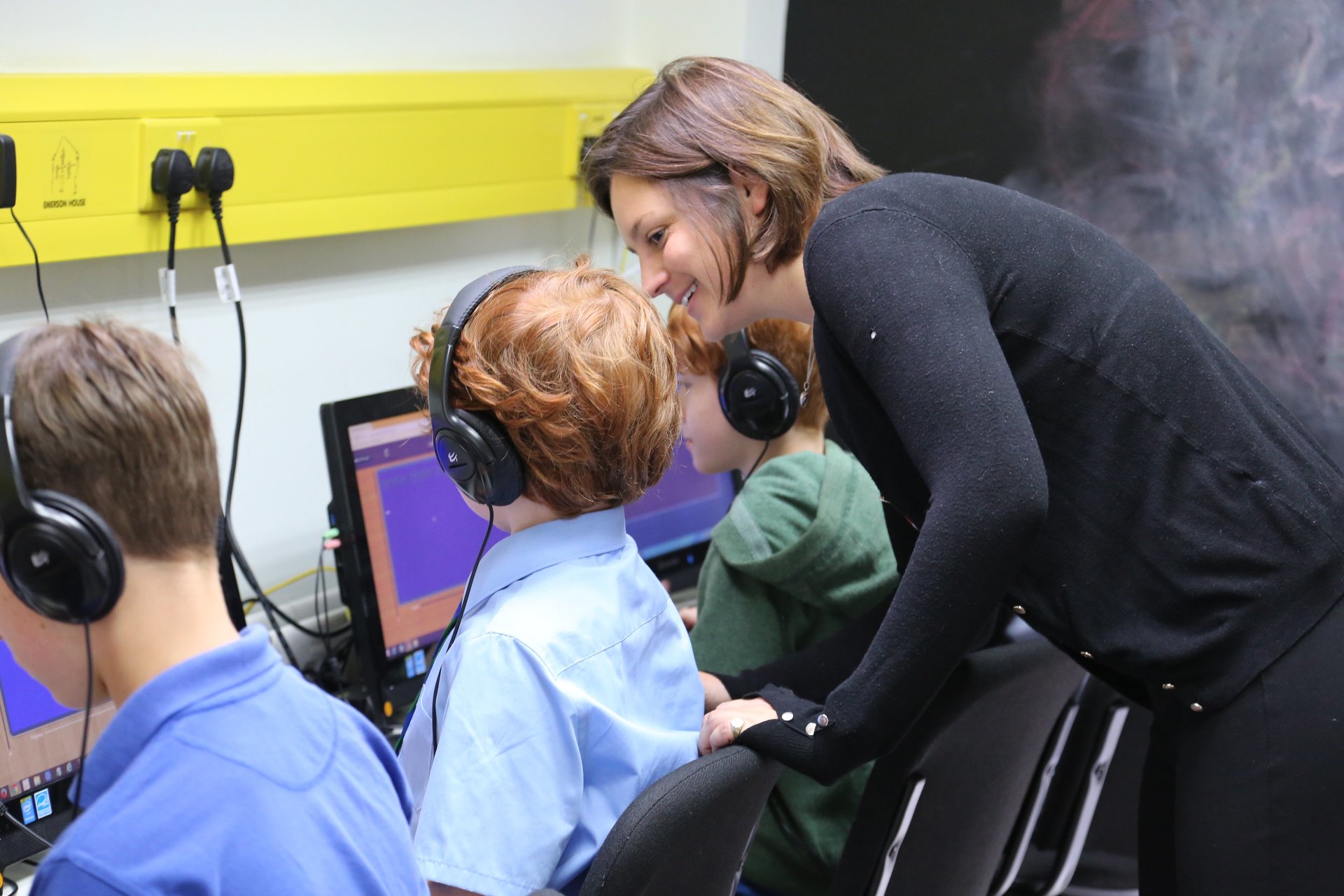SEN
Emerson House supports children who are struggling in their existing educational environment because of a Special Educational Need (SEN).
We have a deep understanding of how to support those with Specific Learning Difficulties (SpLDs) such as dyslexia, dyscalculia and dyspraxia (developmental coordination disorder). These needs are often interrelated. Children who come to Emerson House have typically experienced considerable challenges in reading, spelling, writing and/or maths and can have low self-esteem due to this.
Support Programmes - Structured for Success
Our programmes are structured to give each child success at every step and consequently build confidence and enjoyment in learning. This is achieved by:
- Starting where the child is secure and confident
- Empowering children to take control of their own learning using a guided discovery approach
- Being structured and cumulative, introducing new concepts in explicit and small steps at the child’s pace
- Using multi-sensory teaching methods to increase learning pathways
- Teaching key concepts that can be generalised from to protect the child's memory resources
- Providing lots of opportunity for over learning
Literacy
At Emerson House we specialise in teaching children not only to read and spell, but also helping them to enjoy reading and to understand what they read. This is achieved by ensuring that:
- Children learn the underlying skills necessary for reading and spelling success including phonological processing and visual recognition skills
- Word families (words that share the same sound, beginning or ending) are explored enabling children to read and spell many words from one rule
- Words encountered in reading books have been explored separately before the book is attempted, increasing successful decoding
- All aspects of reading are supported - accuracy and fluency of decoding and word recognition as well as comprehension
Touch Typing
At Emerson House, children are helped to achieve joined-up (cursive) writing whenever possible. We also incorporate a specialist multi-sensory touch typing course into our programme as there are many benefits for children with Special Educational Needs:
- Proficient touch typing skills can remove some of the emphasis on the physical aspects of writing and allow pupils to focus more upon elements such as structure and content.
- Whilst supporting handwriting development, there are particular benefits for pupils with specific handwriting difficulties where it might be appropriate to have the longer-term aim of using a laptop to produce written work.
- Reading and spelling skills are reinforced alongside learning to type as letters and words are read aloud, displayed visually on screen and then typed by the pupil. This specialist typing programme also mirrors and reinforces the spelling and reading structure of our literacy programme.
Maths
"At
Emerson House we realised that our most
important task was to set out to make the foundations of number-work as simple, clear and easily understood as possible. These teaching ideas … have made a difference to the happiness, confidence, progress and attitude towards maths of the children whom we have taught." (Dorian Yeo (2003), founder of the Emerson House Maths programme)
At Emerson House our approach to teaching maths to children with Special Educational Needs is to teach in a highly structured, cumulative and multi-sensory way, using reason-based methodologies. The children use physical materials which are organised into simple cognitive tools and are actively integrated in the learning experience.
The Emerson House Maths programme was founded by Dorian Yeo. Dorian’s work at Emerson House was pioneering in explaining how Specific Learning Difficulties such as dyslexia can impact upon mathematical learning (Yeo, 2003). The Emerson House Maths programme has remained at the forefront of research and best practice for more than 25 years through the further development of Dorian’s work by Jane Emerson and Patricia Babtie and collaborations with eminent researchers into mathematic learning difficulties such as Prof. Brian Butterworth of University College London.
One of our key principles at Emerson House is that children have a good grasp of the foundation aspects of each area of literacy and number work before we progress onto more advanced levels.







